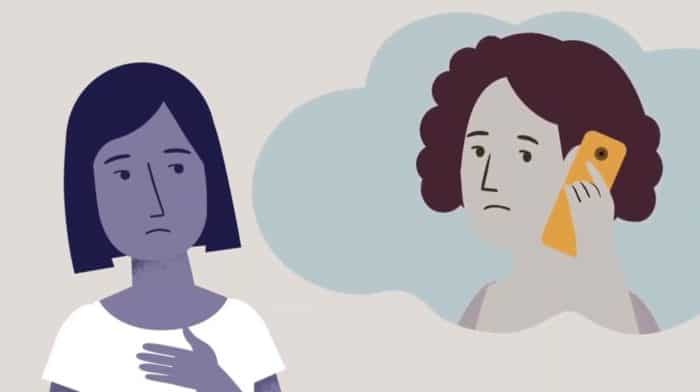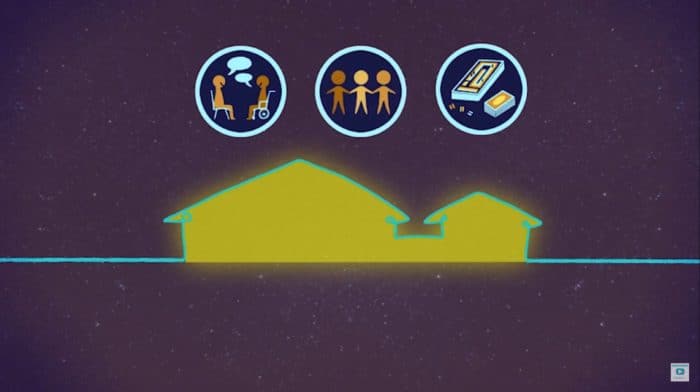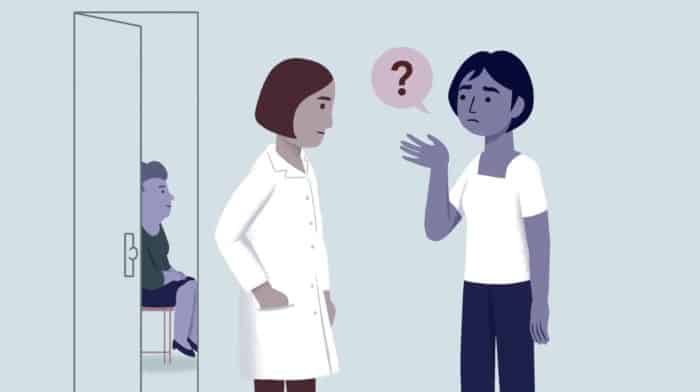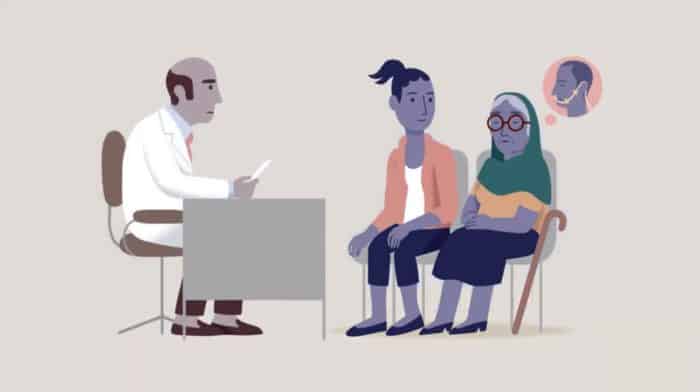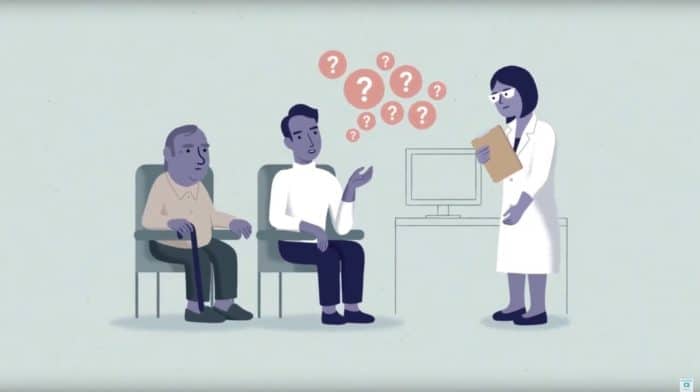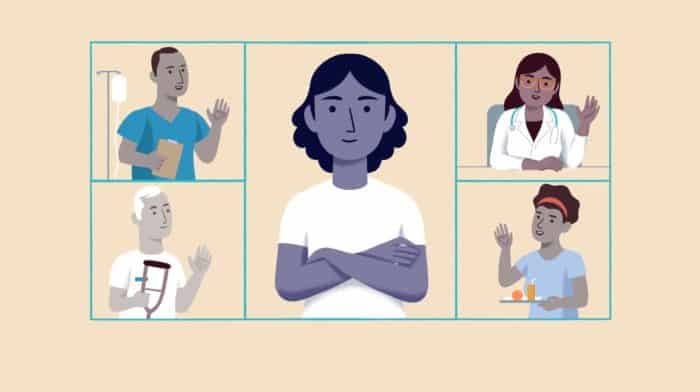Resource Library
Search:
Transition from Hospital to Home Checklist
Having the answers to these questions will help both you and the person you are caring for in the transition from Hospital to Home. It may be helpful to bring a note book so you can jot down the answers.
How To Use a Communication Board
When people are hard of hearing, sometimes it’s easier to use a Communication Board. An example is shown below & the full size copy is on the next page. Feel free to print & use ours or create your own!
When and how to ask for help
Finding a balance between your daily life and your caregiving role can be tricky. Your duties as a caregiver can change from day to day, and it might start to get overwhelming. It’s important to know when and how to ask for help. In this video we’ll give you some tips on how to ask for help, even if you don’t want to do it.
What are the Options for End of Life Care
The subject of end of life care can be a difficult thing to talk about, but as a caregiver, it’s important that you sit down with the person you’re caring for to discuss their wishes.
How to Get Over Help Hurdle
What do you do when a person that you are trying to help, doesn't want or accept it?
How to Help Someone With a Speech or Hearing Impairment
If you’re a caregiver, clear communication is a key part of the relationship between you and the person you’re caring for. However, if they’re living with a hearing or speech impairment, communicating effectively can sometimes be a challenge.
5 Questions To Ask Your Healthcare Providers
As a caregiver, you spend a lot of your time making sure the person you’re caring for gets the support they need. But caregivers need support from health care professionals.
How to Manage Awkward Tasks
As a caregiver, the person you’re caring for may need you to help them with their personal care and, sometimes, you may have to do some unpleasant tasks that you thought were only done by nurses, doctors or other health care professionals.
Understanding Consent and Capacity
In Ontario, healthcare teams have to have informed consent or refusal before they can give any treatment or care to their patients.
I am a Substitute Decision Maker… What Now?
A Substitute Decision Maker is a person (or people) who will provide consent or refusal of consent for care and treatments for you if you are not mentally capable to do that for yourself.
Substitute Decision Maker
A substitute decision maker is someone who you choose to make decisions about your health care if you can’t. If you haven’t chosen someone, by law the Ontario government will assign someone to you in an emergency.
Advance Care Planning in Ontario
If you need medical treatment, the health care professionals that see you, need to have your consent. If you couldn’t speak for yourself, who would you want to speak for you?
How To Help Someone Having a Panic Attack
If someone you care for has a panic attack, he or she may become very anxious and not think clearly. You can help the person by staying calm, sticking around and do your best to be understanding, positive, and encouraging.
Advance Care Plan
Advance Care Planning is a process of thinking about and sharing your wishes for future health and personal care. It helps you tell others what would be important if you were ill and unable to communicate.
Being a Patient Care Advocate
What is a patient care advocate? How do you know how-and-when to step up for the person you are caring for?
Working with Healthcare Professionals
Health care partnering is essential to successful home care. As a caregiver, you are an important part of the health care team. It’s a big job – 80 percent of patient care is given by informal or family caregivers in the community so you are the eyes, ears, and hands for health care professionals.
How to Improve Communication in Caregiver Relationships
Reduce misunderstanding and learn how to improve your communication with the person who is in your care.




